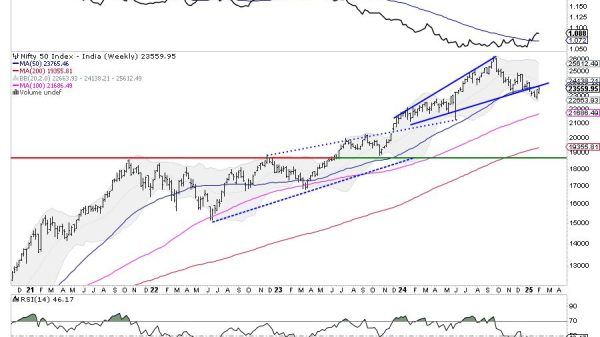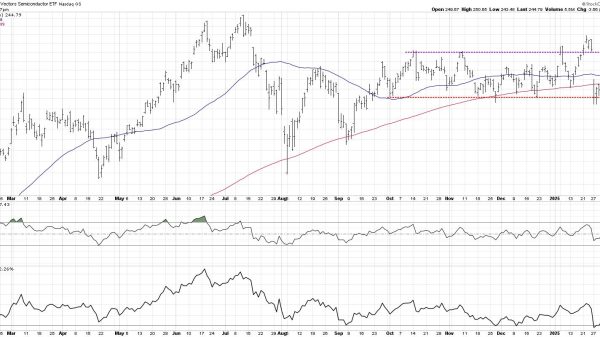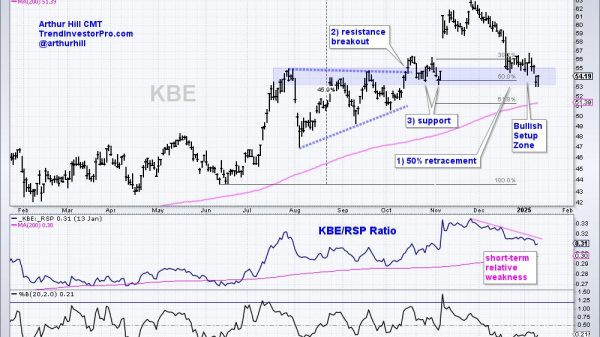Influence of Technological Factors on Economic Development
Technological factors are revolutionizing economic development in profound ways. Technology is changing every part of our lives, from daily tasks to societal functioning. It is reshaping existing industries and creating new opportunities. As we forge ahead, the relentless impact of technology will continue to shape the economic landscape, opening up fresh prospects while presenting novel challenges. Let’s delve into the myriad ways in which technology is transforming economic development.
Recent technological advancement has transformed almost all industries, making changes either directly or indirectly. Industries have had to adapt to various changes to thrive in the evolving economy and stay competitive. That caused shifts in many industries, causing shits in the way they function. Moreover, Technological innovation has fostered growth opportunities, leading to new business models and reshaping traditional processes in economic development.
How Are Technological Factors Changing the World?
Technology brings with it automation. The latter has had a huge impact on most industries, which has caused significant job displacements in the economy. Driven by technological advancement, such as robotics and artificial intelligence, many companies automate routine and repetitive tasks, thus, increasing efficiency and productivity. While this has resulted in short-term job losses, it has also created opportunities for reskilling and upskilling workers to take on higher-value tasks and jobs that require uniquely human skills. Technological unemployment is a challenge that must be addressed, but growth technology presents avenues for a reimagined workforce.
Furthermore, the digitalization of industries, driven by technological forecasting and social change, is transforming traditional processes into digital workflows. This enables businesses to enhance customer experiences, streamline operations, and even develop new business models.
Digitalization has disrupted traditional industries while creating opportunities for companies to leverage new types of platforms, cloud computing, and data analytics. Besides, the increasing importance of data and analytics in decision-making has enabled businesses to optimize operations as well as target customers. They can now develop informed strategies based on data-driven analysis.
What Other Sectors Have Benefited from Advanced Technologies?
Technological factors have also revolutionized production and distribution processes. Advanced manufacturing technologies like 3D printing have reduced costs, accelerated production, and enabled customization. These changes improve efficiency, reduce costs, and increase market reach for many industries. The rise of e-commerce, facilitated by technological innovation, has reshaped traditional retail models and provided opportunities for businesses to reach customers worldwide.
Moreover, technological factors have played a pivotal role in the creation of new opportunities for growth. The rapid rise of the digital economy has opened new avenues for economic activity, allowing businesses to reach global markets and customers with ease. Advancements in technology have also increased connectivity, enabling businesses to tap into new markets and engage with customers through targeted marketing and personalized interactions.
As you see, technological factors continue to exert a profound influence on economic development. From automation and digitalization to changes in production and distribution processes, technology is reshaping industries and presenting both opportunities and challenges. Embracing technological innovation and leveraging its potential can pave the way for sustainable growth and success in the dynamic landscape of economic development.
The post Influence of Technological Factors on Economic Development appeared first on FinanceBrokerage.
























